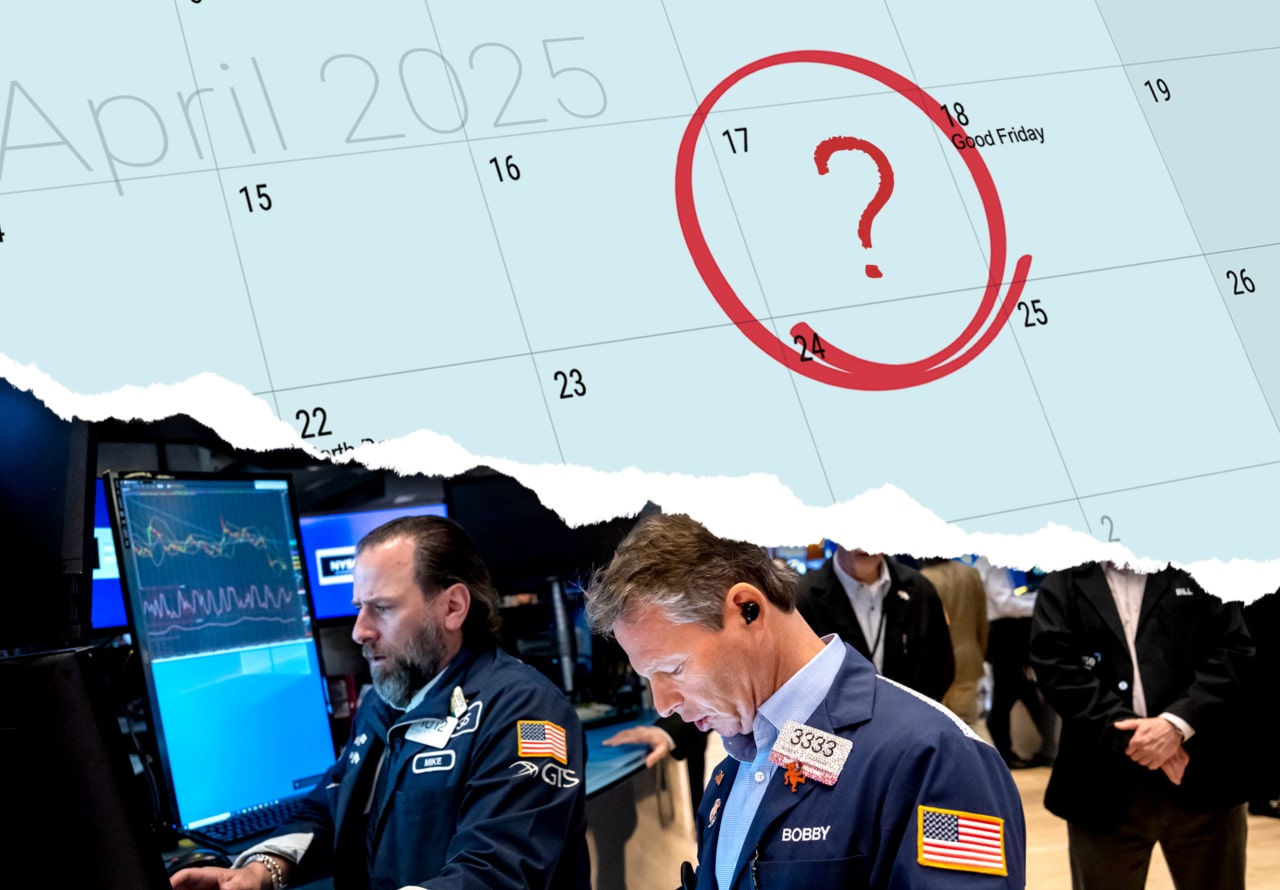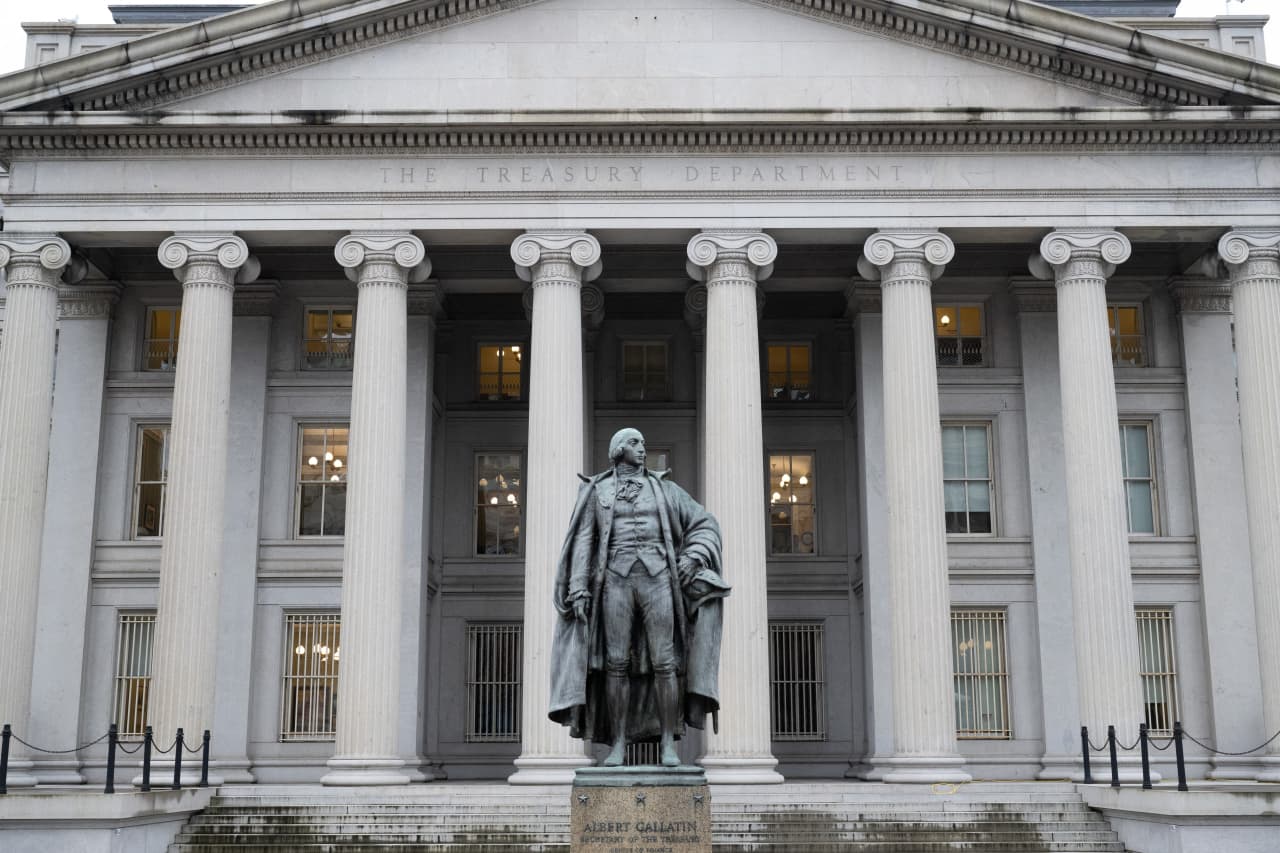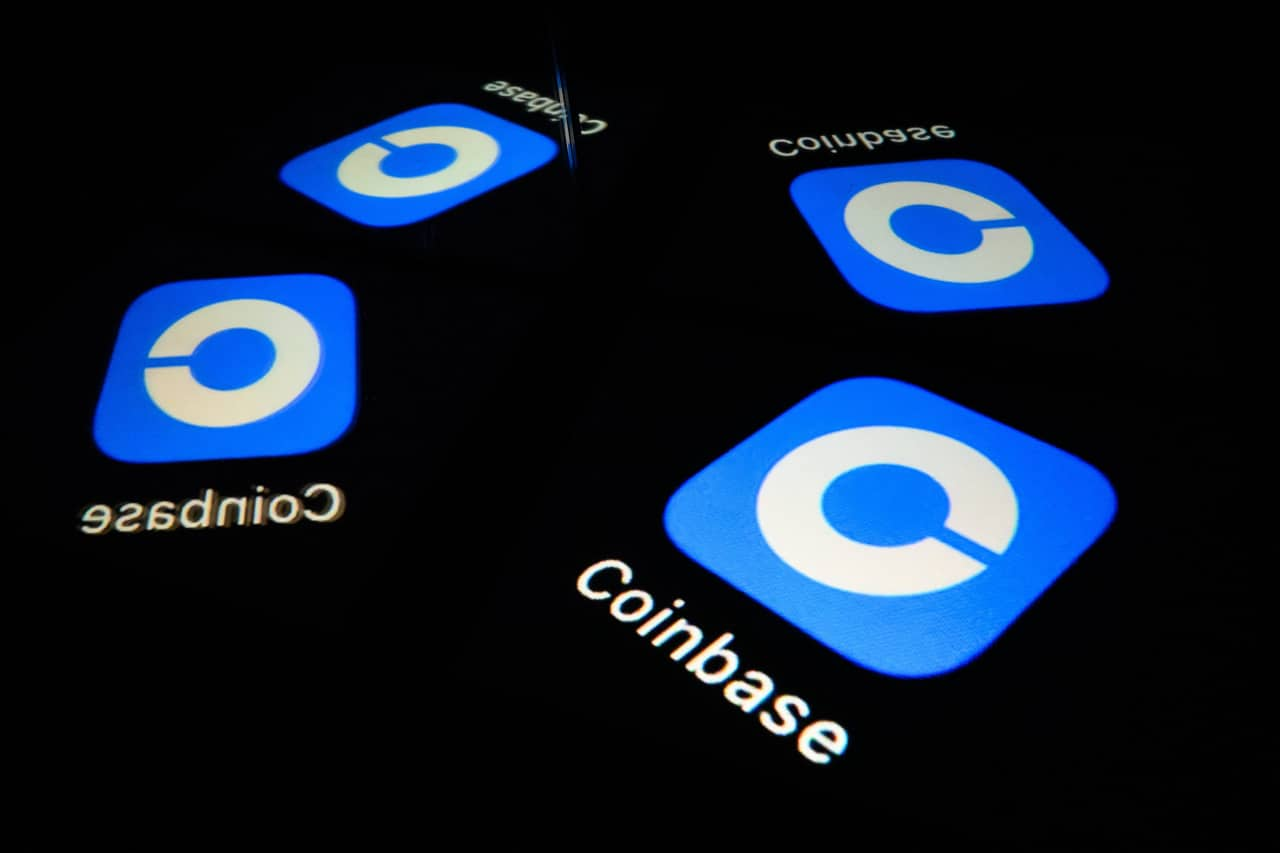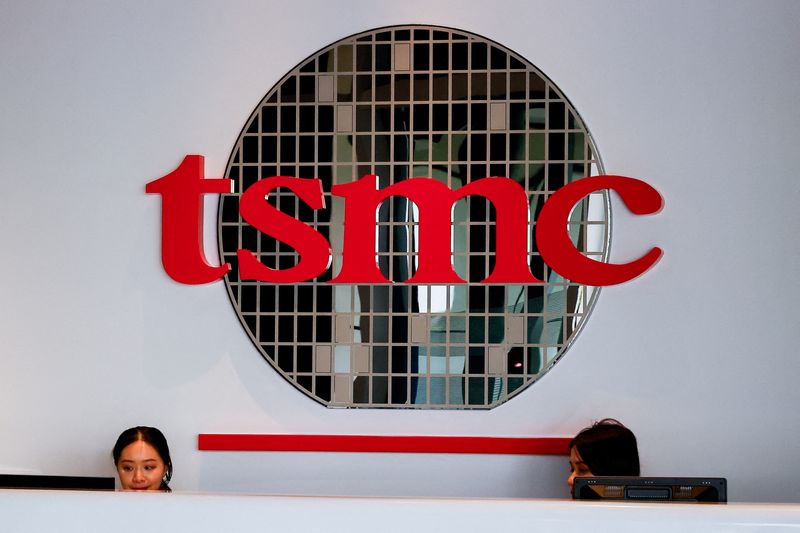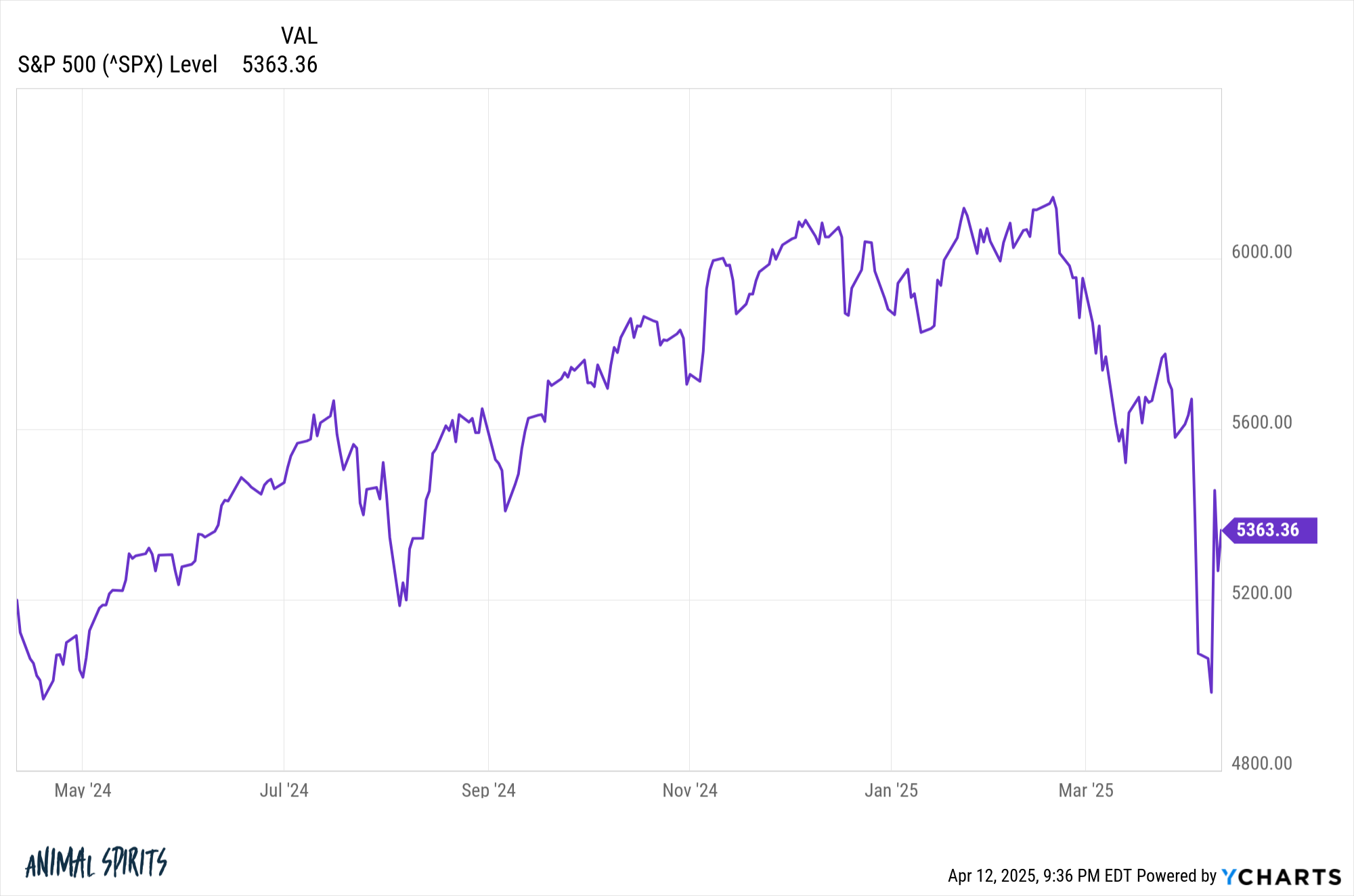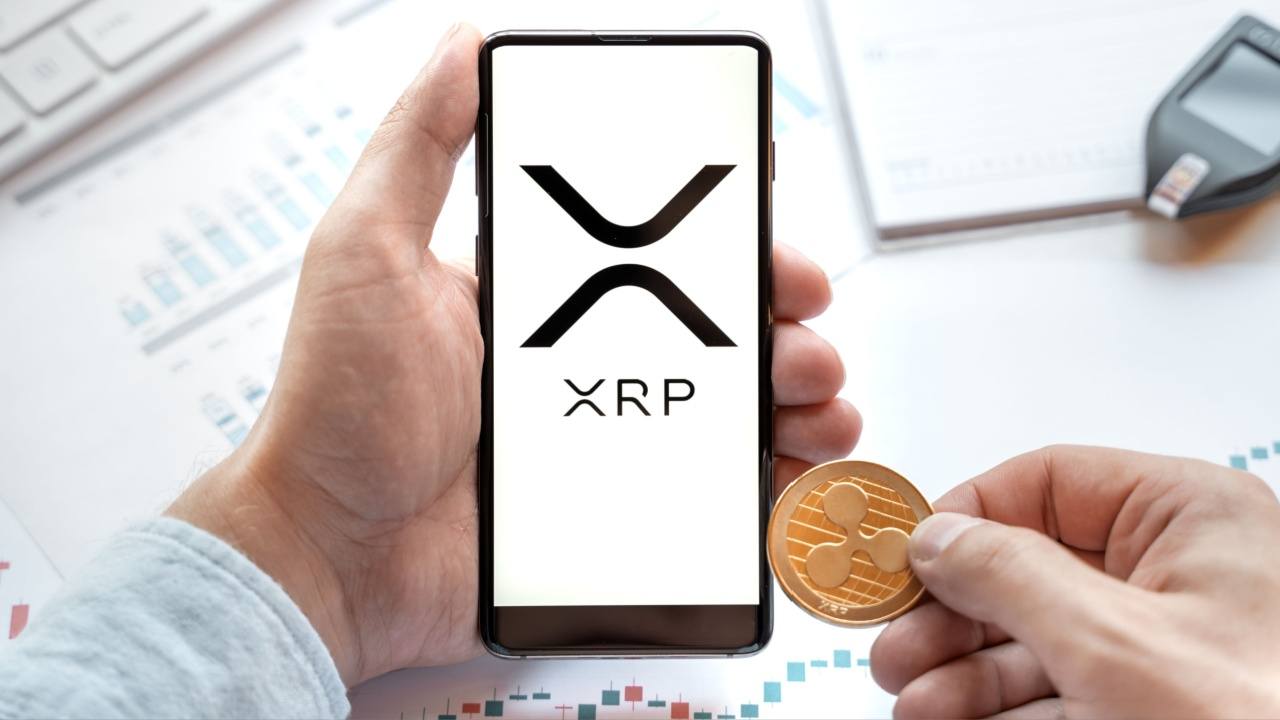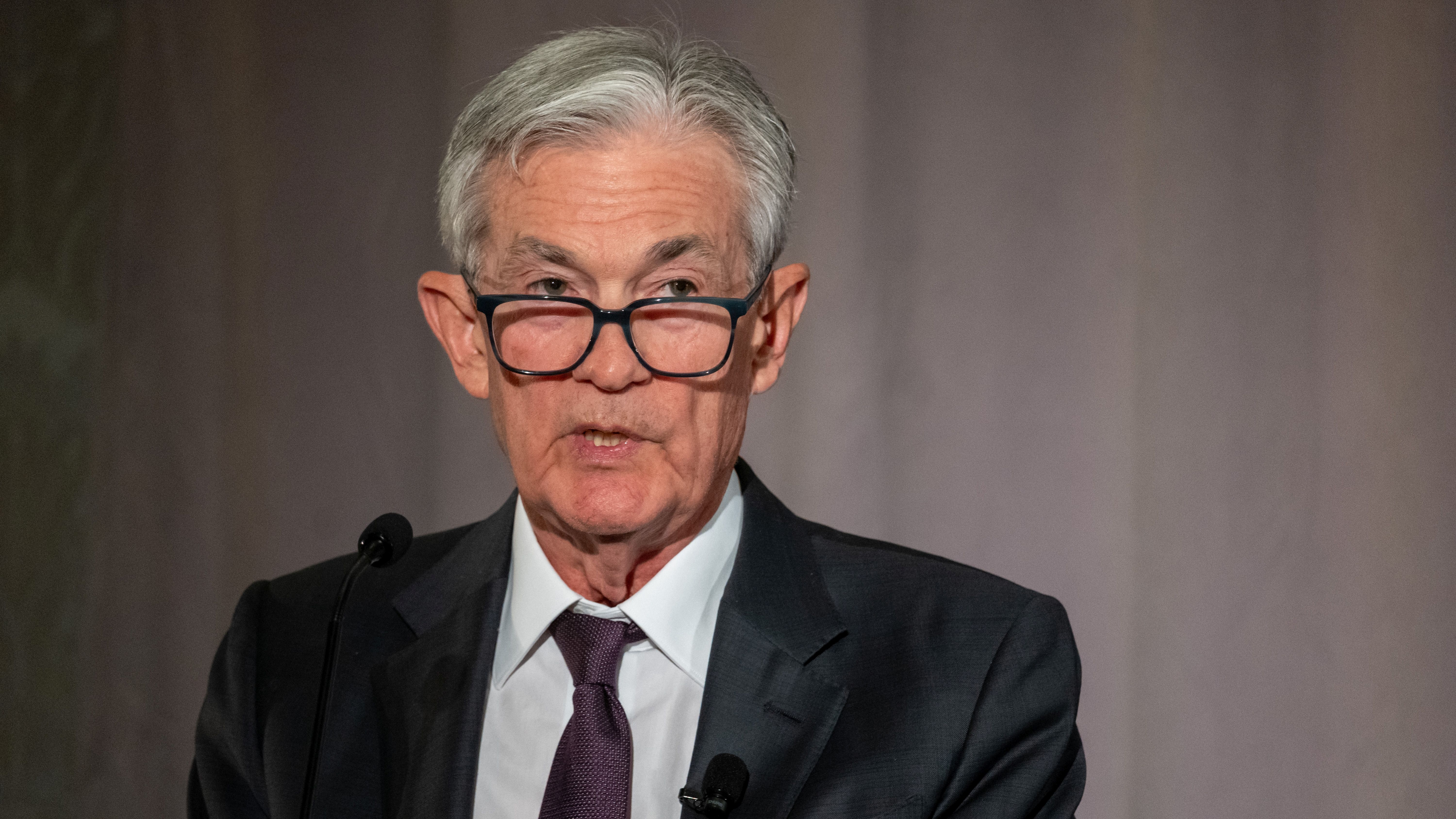My Pension Dilemma: Is $58,000 Today Enough to Give Up $12,200 Per Year?
When you play the Powerball lottery, you’re asked whether you want the winnings as a lump-sum or an annuity, paid out over your lifetime. Most people choose to have the cash up front, even though taxes take a massive portion of it, because it gives you certainty over the amount you receive. Who knows how […] The post My Pension Dilemma: Is $58,000 Today Enough to Give Up $12,200 Per Year? appeared first on 24/7 Wall St..

When you play the Powerball lottery, you’re asked whether you want the winnings as a lump-sum or an annuity, paid out over your lifetime. Most people choose to have the cash up front, even though taxes take a massive portion of it, because it gives you certainty over the amount you receive.
Who knows how long you will live, which could drastically lower the amount you actually get compared to having the cash upfront, if you die early.
Yet does the same apply to a pension, particularly if it is a relatively small sum? That’s the question faced by a Redditor on the r/personalfinance subreddit.
He has the option of receiving a $12,200 year pension from a former employer when he turns 65 years old, with no adjustments for inflation. As he is 48 now, he still has 17 years to go before he can begin collecting. Alternatively, the company is offering him a $58,000 lump-sum payout now. What he wants to know is whether he should take the money now, or have some guaranteed income during retirement.
The pension option
Starting at 65, the Redditor will receive $12,200 per year for life, assuming he lives long enough to collect. With no inflation adjustment, the pension’s purchasing power will erode significantly over time.
By 65, inflation at 2% to 3% annually could reduce its real value to $7,200 to $8,500 in today’s dollars after 17 years. By 75, it could drop to $5,300 to $6,500, and by 85, to as little as $3,900 to $5,000, depending on rates. This makes the pension less valuable over decades, especially with rising costs for healthcare, housing, and expenses.
If he lives a long life, say to 90 or 95, the pension could provide steady income for 25 to 30 years, totaling $305,000 to $366,000. However, if he dies early (say, at 75), he will only receive $120,200. And if he dies before 65, he and his heirs get nothing (unless the pension has a survivor benefit). This is a big risk if your life expectancy is below average.
The pension locks you into a fixed income stream, offering no liquidity, no ability to invest or grow the funds, and no protection against inflation or market downturns. If you need cash at 66 or face unexpected expenses, you’re stuck.
There is also the risk the company could go under. While the Pension Benefit Guarantee Corporation would likely take over the pension, you could see the benefits reduced below the full amount due.
The lump-sum option
By taking the cash upfront, the Redditor get $58,000 now at age 48, which can be rolled over into an IRA, avoiding immediate taxes if done correctly. You should consult with a tax advisor in such a situation. This gives him control, liquidity, and the potential to invest for growth over 17 years until 65.
Assuming a 7% annual return (the market’s historic rate of return minus inflation), the $58,000 could grow to $167,000. Yet even at 5%, you could withdraw $5,500 to $6,500 annually starting at 65, using the 4% rule for sustainable withdrawals, plus adjust for inflation or leave a legacy, far outpacing the pension’s eroding $12,200.
Further, by investing in an IRA, you can allocate to stocks, bonds, or exchange-traded funds (ETFs) that hedge against inflation, such as TIPS, real estate funds, or other investment vehicles, unlike the pension’s fixed $12,200, which loses real value yearly.
The biggest risk is there is no guarantee. The lump sum’s value depends on market performance. If stocks crash, such as what happened in 2008 and 2022, the $58,000 could shrink to $40,000 to $50,000 by 65 at 5% returns, leaving you with less than the pension’s nominal value.
You also face investment risk, fees, and the need to manage withdrawals carefully to avoid running out of money.
The verdict
Just as with the lottery, it certainly seems better to take the lump-sum payment a decide for yourself how best to use the money.
Hopefully, you are already putting money away now into a 401(k) or similar retirement plan and maximizing the value of IRAs, Roth IRAs, or high-yield savings accounts. That way you are not relying solely upon this meager sum to see you through your Golden Years.
No matter what decision is made, consulting with a financial advisor or tax professional before making any choice is best, but two in the hand is worth one in the bush, so I’d recommend opting for having the cash upfront.
The post My Pension Dilemma: Is $58,000 Today Enough to Give Up $12,200 Per Year? appeared first on 24/7 Wall St..
















